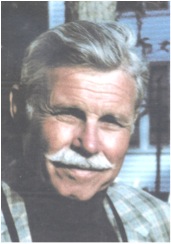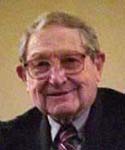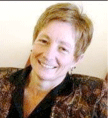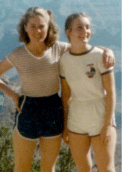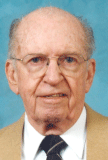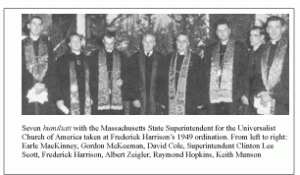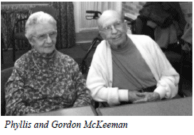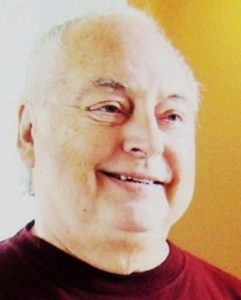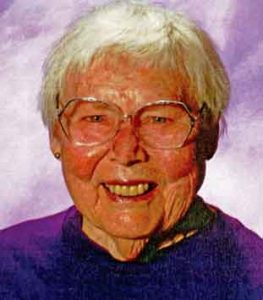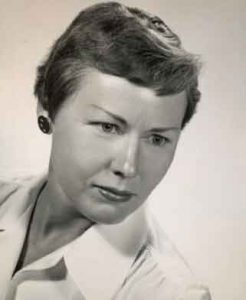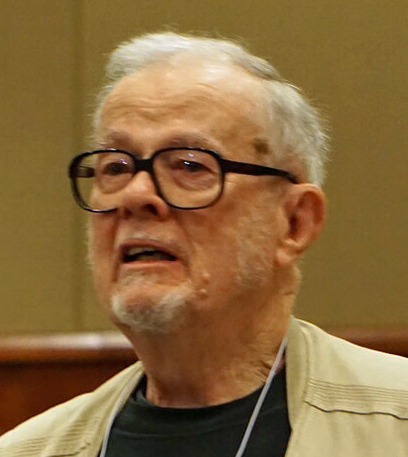
Orlaff Miller
The Rev. Orloff Miller, parish minister, AIDS counselor, veteran of the Selma march, tireless advocate for civil rights, and devoted husband and father, died on July 1, 2015, aged 83.
Orloff Miller was among the hundreds of religious leaders who traveled to Selma in March of 1965 in answer to the appeal from the Rev. Martin Luther King Jr. While there, on March 9, as he left Walker’s Cafe with UU ministerial colleagues James Reeb and Clark Olsen, the three were attacked and beaten by a group of white men. The Rev. Mr. Reeb died two days later. The attack gained nationwide attention, and served as one of the turning points in civil rights history.
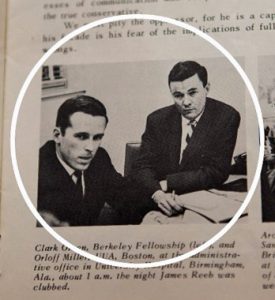
Newspaper clipping of Clark Olsen and Orloff Miller from 1965
Interviewed as part of Eyes on the Prize: America’s Civil Rights Years (1954-1965), the Rev. Mr. Miller reflected back on the larger meaning of white northern presence in Selma that spring:
“I’ve been asked many times what business white clergy had in Selma, Alabama. What right did we have telling folks how they should run their lives? We not only had a right, we had a responsibility to be there because some of our family, our black brothers and sisters were not being treated fairly, and wherever people are not being given their fair shot at having a full and meaningful life we have a responsibility to do what we can to help change that. And if it means we have to argue with other brothers and sisters about that then we better get in there and argue about it. And help them to see that there is another way of living as one human family.
“Yes, I think white people had a responsibility, and white ministers especially had a responsibility to be in Selma, Alabama.” (http://digital.wustl.edu/e/eop/eopweb/mil0015.0841.069revorloffmiller.html)
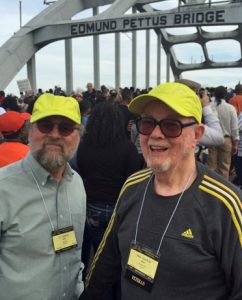
Orloff Miller at 50th Anniversary of Selma Bridge Crossing 2015
Fifty years later, in March 2015, Mr. Miller returned to Selma to commemorate the fiftieth anniversary of the Selma to Montgomery march. His son, Orloff Garrik Miller, recalls, “By then [his] sense of balance was a problem, and we rented a wheelchair for the conference. The day of the reenactment of the march, [he] got up and walked across that bridge.”
Orloff Wakefield Miller was born on August 8, 1931 to the Rev. Lawrence Miller and Alice Miller. He received a B.A. from Mount Union College (now University of Mount Union) in 1953, and went on to earn a Master of Divinity from Boston University School of Theology in 1956.
Mr. Miller was ordained by the Methodist Church in 1954, and served as minister to the Federated (Congregational) Church of Francestown (New Hampshire) from 1956 to 1959. He then left the Methodist ministry to serve for two years as Associate Director of the Liberal Religious Youth (LRY). After receiving Unitarian Universalist ministerial fellowship in 1961, he became the Director of the Office of College Centers of the UUA and staff advisor to Student Religious Liberals (1961-66) and then District Executive of the Mountain Desert District of the UUA (1967-70). Moving into parish ministry, he served All Souls UU Church of Colorado Springs (1968-72) and the UU Fellowship of San Luis Obispo, California (1973-79).
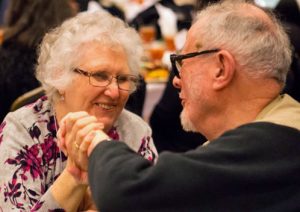
Marie (Reeb) Maher and Orloff Miller greet each other on the 50th anniversary of the Selma March
In the early 1980s Orloff felt called to respond to the national AIDS crisis. He entered a doctoral program at the Institute for Advanced Human Sexuality in San Francisco, working as a volunteer hospice coordinator and field secretary for the AIDS Interfaith Network and providing support to people with AIDS, and to their friends and families. F
or five years (1984-89) he served as minister and AIDS consultant to the UU AIDS Crisis Ministry in San Francisco. His son, Orloff Garrik Miller saw this as “the hardest work of Dad’s career. Few he assisted survived more than a few months.”
Throughout his ministry the Rev. Mr. Miller was active within the Unitarian Universalist Ministers Association; the Unitarian Universalist Service Committee; and the UUA’s (former) Full Recognition and Funding of Black Affairs Council. In 1987 he received the Unsung Hero Award of the Pacific Central District of the UUA for his work in AIDS ministry.
Orloff moved to Germany in 1989, married Renate Bauer, and a year later their son, Glenn Erasmus Bauer, was born. Although he officially retired in 1991, the Rev. Mr. Miller began service as Minister-at-Large to the European Unitarian Universalists (EUU) in 1993. In a sermon and personal memoir for the UU Fellowship of Paris in 1993, he looked back on his childhood encounters with American racism and his experience in Selma. In 2000 he was accorded the title of Emeritus EUU Minister-at-Large. In retirement, Orloff enjoyed volunteering, traveling, and being a father to Glenn Erasmus.
Orloff Garrik Miller has fond memories of a childhood spent with his father. Together they camped, sailed, motorcycled, traveled to regional retreats and encounter groups, and in the early 1980s, they loaded a motorcycle with camping gear and rode from San Francisco to Oregon.
Renate remembers the ease with which Orloff made friends, and connected with people. “He found a way to bond with practically everyone,” she recalls. “He was dedicated to people, even at the end of his life. Even when he was not doing very well during the past two years, he made a point to call those who were worse off.”
Orloff Miller is survived by his wife, Renate Bauer, sisters Karen and Sandra, and children, Orloff Garrik Miller, Tanya Crete, and Glenn Erasmus Bauer. His life was celebrated in two memorial services in August 2015, one for his European family and friends at the Johannes-Ronge-Haus of the Freireligiösen Landesgemeinde Pfalz in Ludwigshafen and one for his American family and friends at the UU Church of Akron, Ohio.
Memorial donations are encouraged to the Unitarian Universalist Service Committee, 689 Massachusetts Avenue, Cambridge, MA 02139-3302.

